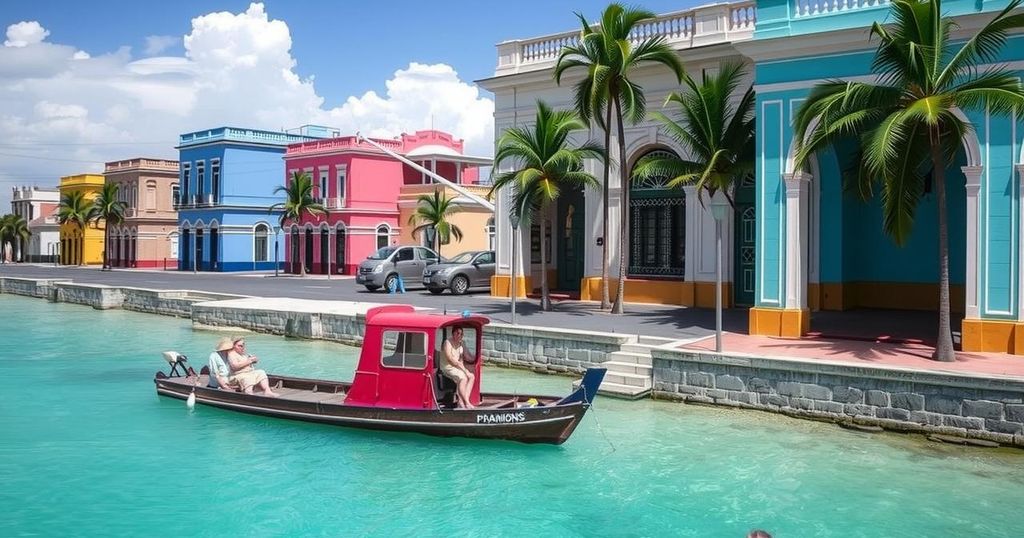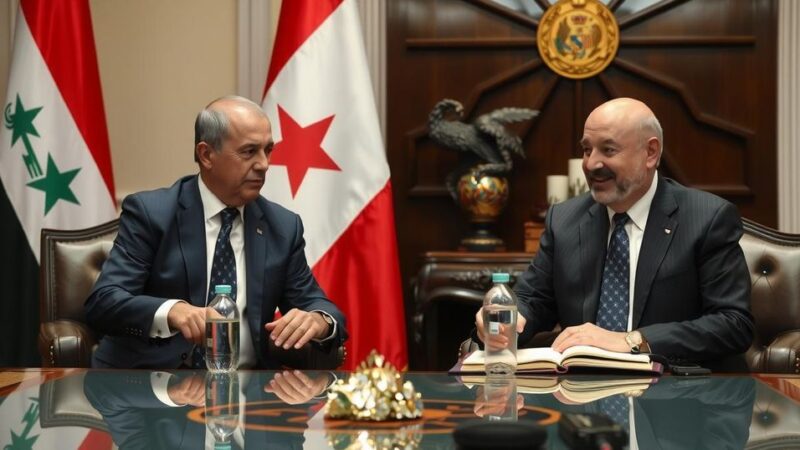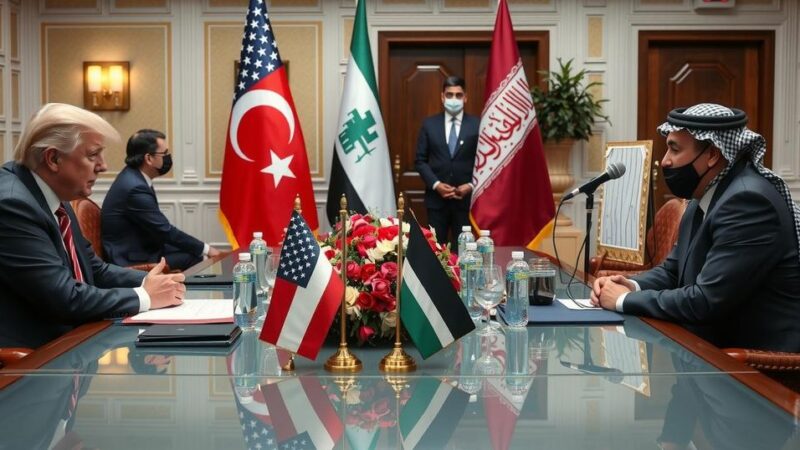Canada’s tourism to Cuba faces challenges due to power outages and U.S. political changes. Sunwings removed hotels over Cuba’s energy crisis, heightening concerns for the industry reliant on foreign tourists. The potential return of hardline U.S. policies poses further risks for Cuba’s tourism.
As winter approaches, many Canadians, known as “snowbirds,” are planning their escape to warmer destinations, with Cuba historically being a preferred choice due to its beautiful beaches like Varadero. However, recent development has raised concerns about Cuba’s appeal to tourists, particularly following a significant decision by Sunwings Vacations Group to withdraw 26 hotels from its offerings. This decision came in the wake of widespread blackouts stemming from old energy infrastructure and adverse weather conditions, severely affecting the island’s tourism industry, which is crucial for its economy.
Cuba’s tourism sector has relied heavily on Canadian travelers, with nearly one million visiting the island last year, influenced by continued restrictions preventing American tourists from easily accessing Cuba. The recent outages are alarming, prompting Sunwings to reassure clients about alternative destinations, while emphasizing their ongoing commitment to Cuba. According to Sunwings’ chief marketing officer, “Cuba has had some volatility in the last few weeks and that may shake consumer confidence.” Such implications resonate loudly in an industry that hinges on foreign visitors for revenue.
Despite efforts from the Cuban government to stabilize the tourism experience and improve services, the ongoing energy crisis poses significant challenges. Furthermore, the potential re-election of Donald Trump, coupled with a hardline stance expected from Marco Rubio as Secretary of State, raises fears that U.S. policies could further isolate Cuba and cripple its tourism sector.
The historical context of U.S.-Cuba relations, particularly under the Trump administration, complicates matters. Tourists previously flocked to Cuba during the Obama administration due to relaxed travel restrictions, yet with recent policy reversals and the COVID-19 pandemic’s impact, visitor numbers have sharply declined. Economist Ricardo Torres questions the strategy of prioritizing tourism infrastructure over energy development, highlighting a critical oversight in Cuba’s economic planning.
Despite current turmoil, Cuba remains a captivating destination, famous for its vibrant culture and unique experiences. However, the combination of ongoing blackouts and uncertainty in U.S. relations poses significant challenges. As raised by Cuban political commentator Rafael Hernández, the prevailing sentiment is one of concern, particularly reflecting on the potential implications of the future political climate in the United States.
Cuba’s tourism sector has traditionally been a vital part of its economy, relying significantly on Canadian travelers, especially as American access remains restricted due to a decades-long economic embargo. In recent times, Cuba has faced repeated challenges, including a series of power outages caused by aging infrastructure and extreme weather events such as hurricanes, all of which threaten to diminish its attractiveness as a holiday destination. Additionally, the political landscape in the U.S., particularly under President Trump and anticipated policies from leaders like Marco Rubio, could further complicate Cuba’s tourism recovery.
In summary, Cuba’s tourism industry is currently facing significant challenges from power outages, reduced confidence among Canadian travelers, and a potentially hostile U.S. political climate. While Cuba remains a unique and alluring destination for tourists, the economic reliance on this sector poses risks amid ongoing uncertainties. The decisions made by influential travel companies such as Sunwings will critically shape the future of tourism on the island, especially in light of anticipated intensified sanctions and regulatory restrictions from the U.S.
Original Source: www.bbc.com







